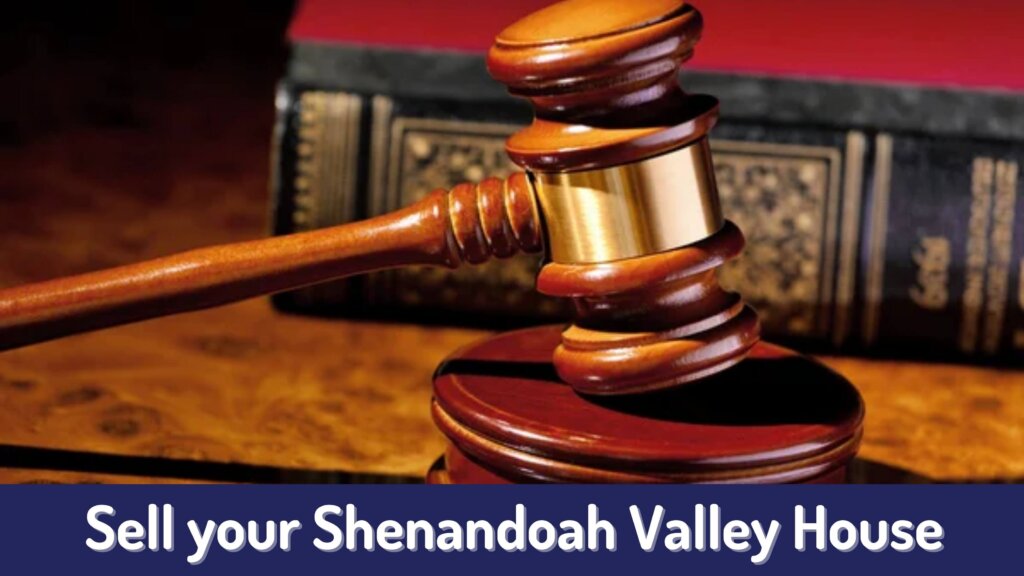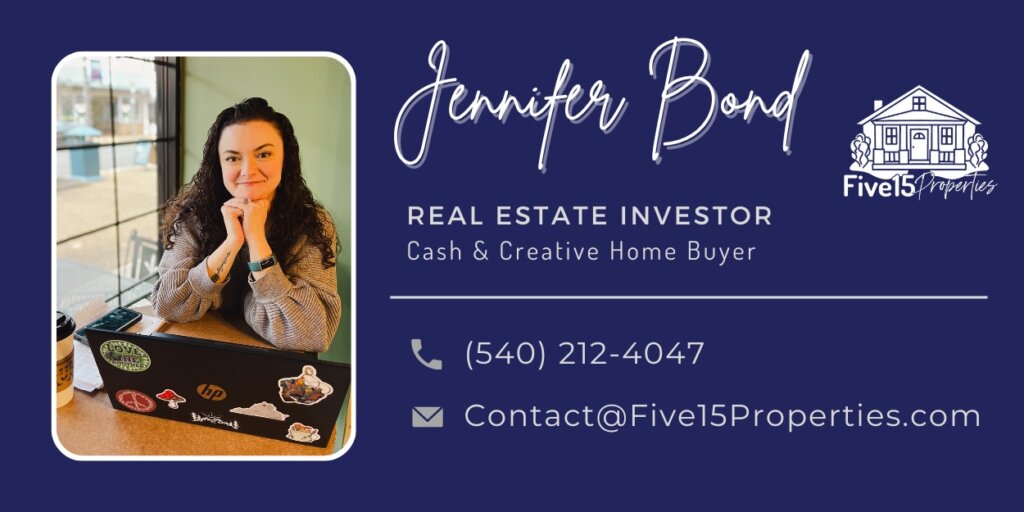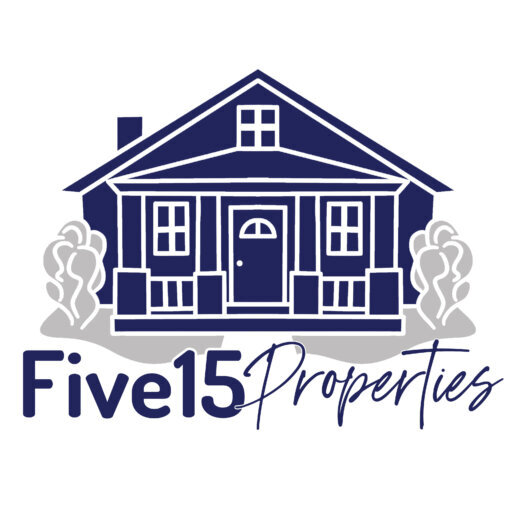
Understanding the foreclosure process in VA is an important part of navigating your own home foreclosure.
Before we dive in…
Understanding the Foreclosure Process in VA
What is foreclosure anyway?
Foreclosure is the legal process that lenders use to take back property securing a loan, generally after the borrower stops making payments.
When you know how foreclosure in VA works… it arms you with the knowledge to make sure you navigate it well and come out the other end as well as possible.
The Basic Stages of A Foreclosure
Several crucial stages are involved in any foreclosure process. Foreclosure procedures vary from state to state across the country. States employ two main methods to foreclose on a property: judicial sale or power of sale.
To understand the specific foreclosure process in your local area, reach out to us at (540) 212 4047 or through our contact page, and we’ll guide you through the details in Shenandoah Valley].
Regardless of the method, foreclosure typically only reaches the court stage after 3-6 months of missed payments. Usually, a lender will issue multiple notices indicating that you are behind on your payments during this period.
Under Judicial Foreclosure:
- Your mortgage lender will commence legal proceedings through the court system.
- Expect to receive an official court letter demanding payment.
- If the validity of the loan is confirmed, you’ll have a 30-day timeframe to remit payment to the court to avert foreclosure. In certain instances, this period may be extended.
- Should payment not be made within the stipulated timeframe, a judgment will be rendered, granting the lender the authority to pursue the sale of your property, frequently through an auction.
- Following the property’s sale, the sheriff will issue an eviction notice, necessitating your prompt departure from the premises.
Under Power of Sale (or Non-Judicial Foreclosure):
- The mortgage lender serves you with papers demanding payment, and the courts are not required – although the process may be subject to judicial review.
- After the established waiting period has elapsed, a deed of trust is drawn up and control of your property is transferred to a trustee.
- The trustee can then sell your property to the lender at a public auction (notice must be given).
Anyone who has an interest in the property must be notified during either type of foreclosure.
For example, any contractors or banks with liens against a foreclosed property are entitled to collect from the proceedings of an auction.
What Happens After A Foreclosure Auction?
After a foreclosure is complete, the loan amount is paid off with the sale proceeds.
Sometimes, if the sale of the property at auction isn’t enough to pay off the loan, a deficiency judgment can be issued against the borrower.
A deficiency judgment is where the bank gets a judgment against you, the borrower, for the remaining funds owed to the bank on the loan amount after the foreclosure sale.
Some states limit the amount owed in a deficiency judgment to the fair value of the property at the time of sale, while other states will allow the full loan amount to be assessed against the borrower.
In many instances, it’s prudent to veer away from the path of foreclosure auctions. Instead, a more proactive and beneficial approach entails direct engagement with the lending institution or enlisting the support of a reputable real estate entity, such as our esteemed team at Five15 Properties. This proactive step opens avenues for negotiations aimed at securing discounts on the outstanding debt, effectively averting the need for resorting to foreclosure proceedings. Embracing this approach not only fosters a more harmonious resolution but also underscores a commitment to exploring mutually advantageous outcomes, thereby facilitating a smoother and more amicable process for all parties involved.
Seasoned investors possess the expertise to navigate negotiations with banks, advocating for reduced amounts owed in a sale – or even the elimination of debt entirely, even in scenarios where the property’s value falls short of the outstanding balance.
Foreclosure is no fun. But just know that it’s not the end of the world.
If you need to sell a property near Shenandoah Valley, we can help you.
We buy houses in Shenandoah Valley VA like yours from people who need to sell fast.
Give us a call or text anytime (540) 212 4047 or
fill out the form on this website today! >>
Another Foreclosure Resource For Shenandoah Valley VA HomeOwners:
What Do You Have To Lose? Get Started Now…
We buy houses in ANY CONDITION in VA. There are no commissions or fees and no obligation whatsoever. Start below by giving us a bit of information about your property or call or text at (540) 212 4047.

